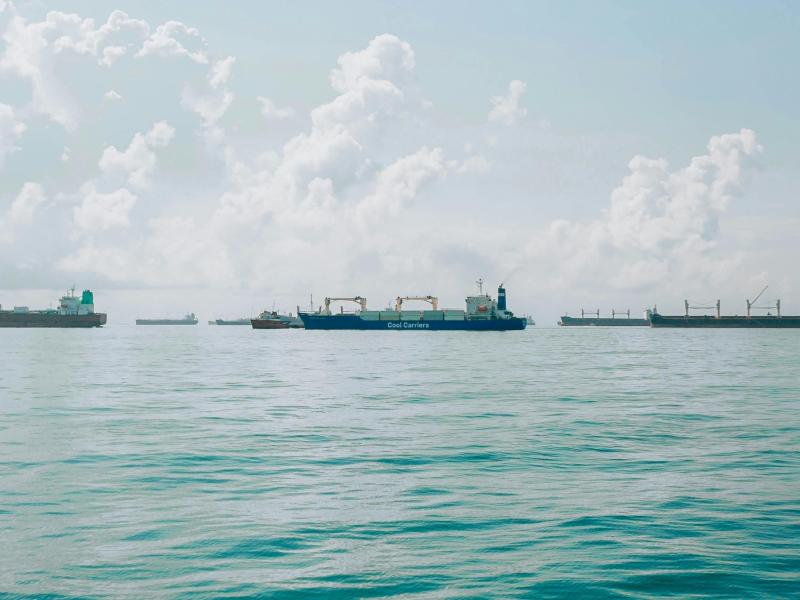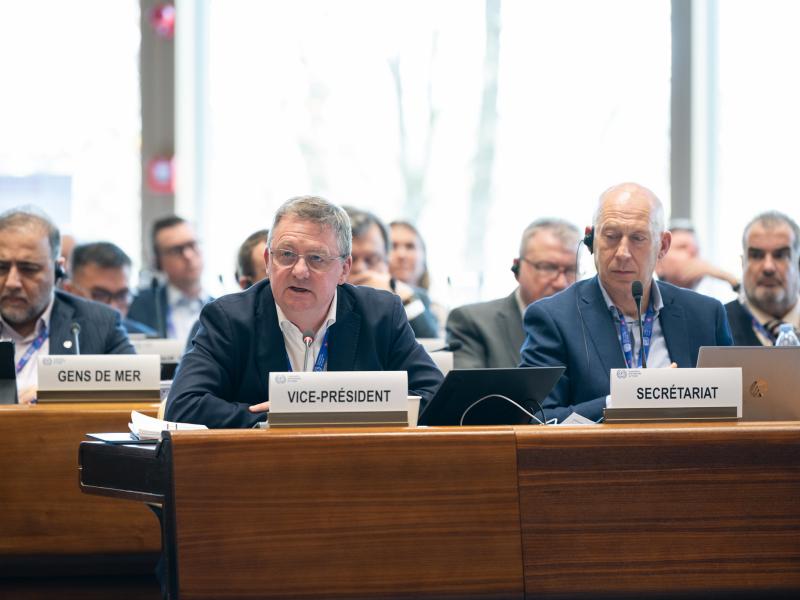ITF Management Committee statement on protecting workers during and after the Covid-19 pandemic
The battle against Covid-19 will not be won without transport workers, they are the lifeblood of the global economy and vital to successfully responding to the challenge of Covid-19.
It is the train drivers, seafarers, cabin crew, taxi drivers, cleaners, ticket sellers, pilots, dockers, bus drivers, delivery riders, and all other working women and men who provide the vital services that are keeping global transport systems and supply chains functioning through the pandemic.
Hundreds of transport workers across the world have lost their lives to Covid-19 globally after contracting the virus while working on the frontlines to provide vital services for our communities, and thousands more have been infected with the disease. Inadequate health and safety standards have increased the risk that transport workers face while continuing to work on the front lines of this crisis, a risk that has been borne disproportionately on women who are often over-represented in customer-focused and cleaning roles, and not supported as a minority in others.
Today on International Workers’ Memorial Day, we pay respect to all those workers who have lost their lives or have been injured at work, and also recognise the toll that the pandemic is having on the mental health of workers and their families globally. And we pause to remember the thousands of workers who die each year in workplace fatalities.
It is time to come together behind the theme of #IWMD20 to demand that governments and employers "stop the pandemic" at work and protect transport workers with adequate health and safety standards and personal protective equipment (PPE) to enable them to continue their critical work.
Across the ITF we are campaigning for the urgent protection of our members globally. This week we will launch a global charter of demands for keeping public transport workers safe from Covid-19, which will be used to hold government authorities and employers accountable. Likewise, universal work site protocols will give dockers unions a concrete tool to put a line in the sand for what is required for global network terminal operators to protect dockers and all workers within the ports globally.
We also are continuing to work collectively with our affiliates and social partners, including the ICS and the JNG, to find a solution for the 100,000 odd seafarers who are awaiting crew changes, to both safeguard their physical and mental wellbeing but ensure the safe transportation of vital goods. The collective approach extends to the work that the Road Transport Section is doing with IRU, the Civil Aviation Section is doing with IATA, and the Urban Transport Section is doing with UITP, UCLG and UIC, to harmonise effective action in a tripartite framework of accountability and responsibility together with the ILO, IMO and IATA to protect the safety of our members globally.
Together with the global trade union movement we are campaigning for occupational health and safety bodies around the world to recognise Covid-19 as an occupational disease so that employers are liable and that protective measures are implemented to the fullest extent possible. This will allow workers who contract the virus access to compensation in the case of injury or death.
Employers have responsibility for ensuring that all preventive and protective measures are taken to minimise occupational risks. They are responsible for providing adequate protective clothing and protective equipment, at no cost to the worker, and responsible for implementing strict social distancing and sanitation measures and protocols for testing, tracing and tracking for workers exposed to the virus. The responsibility also falls directly on lead firms and ‘economic employers’ who must ensure that workers along their supply chains are provided with appropriate PPE and protocols to reduce the risk of transmission to workers, their families and their communities.
We will continue to fight for all transport workers around the world, including those in non-standard forms of employment and in supply chains for access to adequate PPE, safe working conditions and measures to minimise transmission of the virus, and for income protection for the thousands of workers who are now unemployed or underemployed as a result of Covid-19.
We call on all transport workers to join us. Demand protection in your workplace. Demand it in your industry. Demand it from your government. Demand it for all transport workers.
The crisis has exposed to working people worldwide that a return to the status quo post-coronavirus is not an option. Job and income security and accountability within supply chains must be improved, precarious work and social dumping reduced, inequality between marginalised groups must be fought, and workers’ rights must be restored. Women and young workers must be driving forces in all sectors. Transport workers’ unions have been consistently advocating these positions.
Transport workers have been systematically attacked, undermined and ignored for decades. What the Covid-19 pandemic has laid bare is the importance of transport workers in the real economy and their importance for rebuilding the global economy as the world emerges from this pandemic. Within this crisis there is an opportunity for the world to emerge with more sustainable economies that deliver shared prosperity and decent work for all. The opportunity is there, it’s now up to us to organise.



